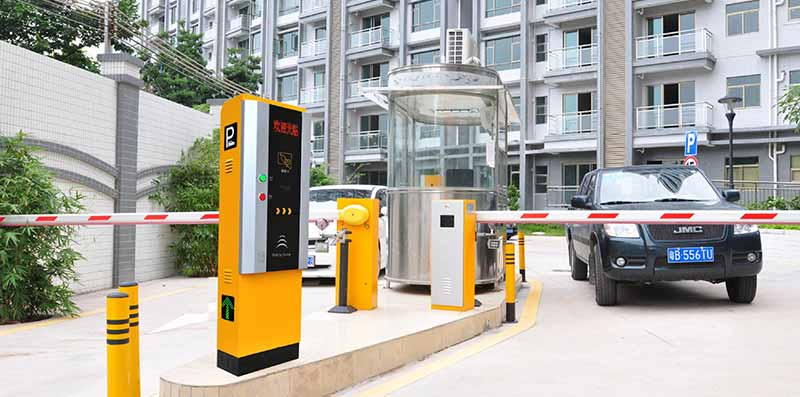Addressing Privacy Concerns in License Plate Recognition Parking Systems

License plate recognition (LPR) parking systems have become increasingly popular in managing parking facilities. These systems utilize cameras and software algorithms to automatically capture and read license plate numbers, providing a convenient and efficient way to manage parking operations. However, with the advancements in technology, privacy concerns related to the collection and storage of license plate data have also emerged. This article aims to explore the privacy concerns associated with LPR parking systems and discuss strategies and technologies that can address these concerns effectively.
1. The Importance of Privacy in LPR Parking Systems:
Privacy is a fundamental aspect when implementing LPR parking systems. License plate data collected by these systems can reveal sensitive information about individuals, including their movements and behaviors. It is essential to prioritize privacy to ensure that individuals are comfortable with their data being collected and stored, while also meeting legal and regulatory requirements related to data protection.
2. Anonymous Data Collection:
One approach to address privacy concerns is by implementing anonymous data collection in LPR parking systems. Instead of storing the raw license plate data, the system can anonymize the data by encrypting or truncating the license plate numbers, making it virtually impossible to identify specific individuals. This allows for the accurate collection of parking data without compromising the privacy of parking patrons.
3. Data Retention Policies:
Establishing clear data retention policies is another crucial step in addressing privacy concerns. By implementing policies that define how long license plate data will be stored and when it will be deleted, parking operators can ensure that data is not retained for longer than necessary. It is essential to strike a balance between retaining data for operational purposes and respecting individuals’ privacy rights.
4. Secure Data Storage and Transmission:
To further address privacy concerns, LPR parking systems should prioritize secure data storage and transmission practices. Implementing encryption protocols and secure servers can safeguard license plate data from unauthorized access. Additionally, when transmitting data between the LPR system and other systems or databases, secure methods such as Virtual Private Networks (VPNs) or Secure Sockets Layer (SSL) should be utilized to protect the data during transmission.
5. Consent and Transparency:
Obtaining informed consent and providing transparent information about the data collection practices is vital to address privacy concerns. Parking operators should clearly communicate to parking patrons that license plate data will be collected and for what purposes. Providing individuals with the option to opt-out of data collection or explaining how their data will be used and protected builds trust and allows individuals to make informed decisions regarding their privacy.
6. Compliance with Data Protection Laws:
Parking operators utilizing LPR parking systems must ensure compliance with relevant data protection laws and regulations. This includes obtaining consent when required, implementing data protection measures, and being transparent about how the data will be stored, used, and accessed. By adhering to legal obligations, parking operators can demonstrate their commitment to protecting individuals’ privacy and avoiding potential legal consequences.
Conclusion:
License plate recognition parking systems offer numerous benefits in managing parking facilities, but they also raise important privacy concerns. By implementing strategies such as anonymous data collection, defining data retention policies, ensuring secure data storage and transmission, obtaining consent, and complying with data protection laws, parking operators can address these concerns effectively. Prioritizing privacy in LPR parking systems not only respects individuals’ privacy rights but also builds trust and confidence





